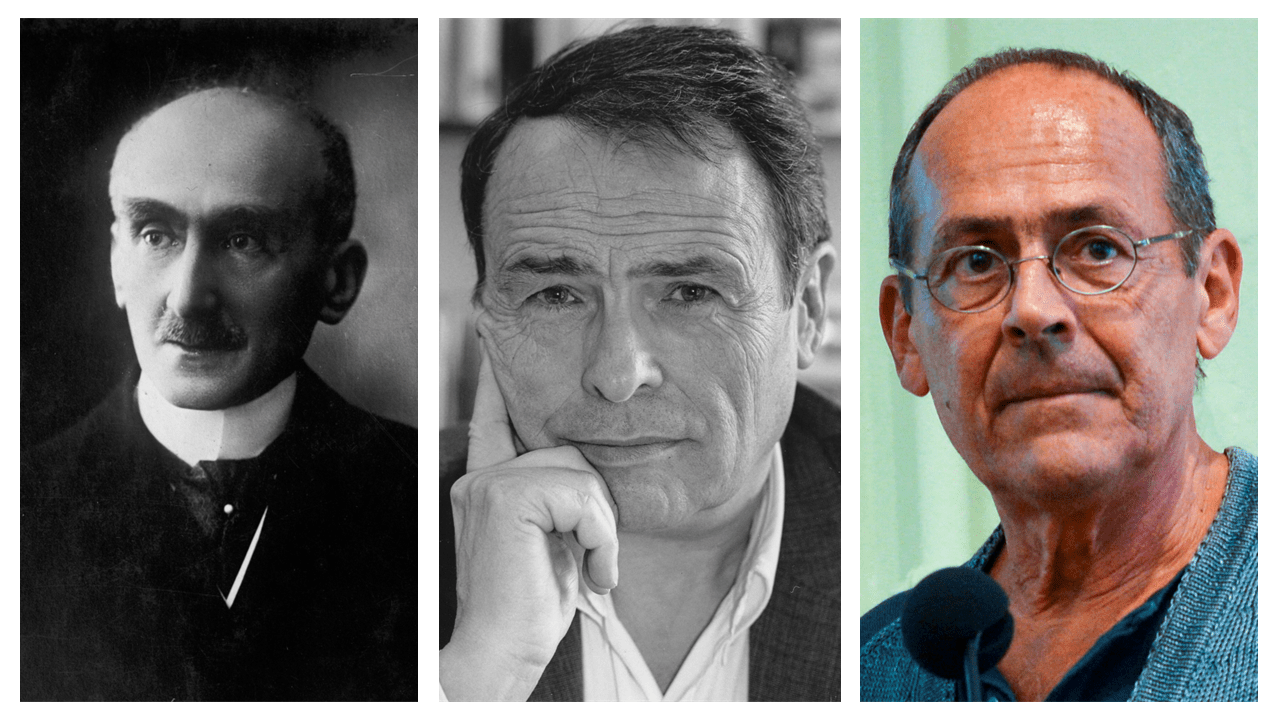Dear friend,
I have written on this topic in the last six-eight years as a MPHA. I work with a very senior educationist and a senior philosopher. All of us at the cutting edge of critical thinking in our separate global fields, but, and listen carefully, “the professional historians are not listening”. Australian academics and scholars are too much in the Australian culture parochial bubble. Too little understanding of the global history of education, as far as my educationalist friend is concerned (a former dean of the humanities), and too little understanding of applied and very practical continental philosophy, as far as my philosopher friend is concerned (an authority in both urban sociology and philosophy of mind).
So, to the topic, here are a few summary notes to be very brief and pointed:
Data Analysis and Pattern Recognition: It is fairly easy in our conversations to demonstrate that the analysis and patterns are not historiographic and has extremely little in conveying of detailed information on histories. Historians will not be able to contribute unless they understand the details of the philosophy of history sub-fields.
Text Mining and Natural Language Processing (NLP): This is where A.I. has high value but in ethical human hands and judgements. These are still significant and nuanced debates on natural language processes.
Historical Simulation and Modeling: I have been doing this for several years, actually decades, but I have no idea why there are forces in the PHA who are trying to keep me in the margins.
Automation of Routine Tasks: As my friend points out, persons need to read Bernard Stiegler (1952-2020) on “Technics and Time”. To consider another global thinker, sociologist Pierre Bourdieu (I am a convenor in TASA Sociology of Education), habitus is fine in the short term but is amalgamated effects in the historical length.
Access to Rare and Remote Sources: A.I. as a gathering and scanning tool is fine. As Bergson contended there is merely a common confusion among philosophers caused by an illegitimate translation of the unextended into the extended.
Bias Detection and Perspective: We used to say GIGO, but even professional historians have been captive to historical forgetfulness. The machine replicates human prejudices.
This is why age discrimination is harming, i.e. keeping too short, the learning from our professional work. Just keep ignoring our work, and we will see how far legacy sticks.
I am really not a mean person, but a truth teller.
Kind regards,
Neville.
Featured Image: Bergson-Bourdieu-Stiegler (Wikipedia). Henri-Louis Bergson (1859-1941), Pierre Bourdieu (1930-2002), Bernard Stiegler (1952-2020)

Neville Buch
Latest posts by Neville Buch (see all)
- Dear grossly, ethically, corrupted - December 21, 2024
- Thoughts with a Professional History colleague on “Artificial Intelligence” - December 21, 2024
- Stephanie M. Lee on “AI by omission”, The Chronicle of Higher Education, Thursday, December 19, 2024 - December 20, 2024
